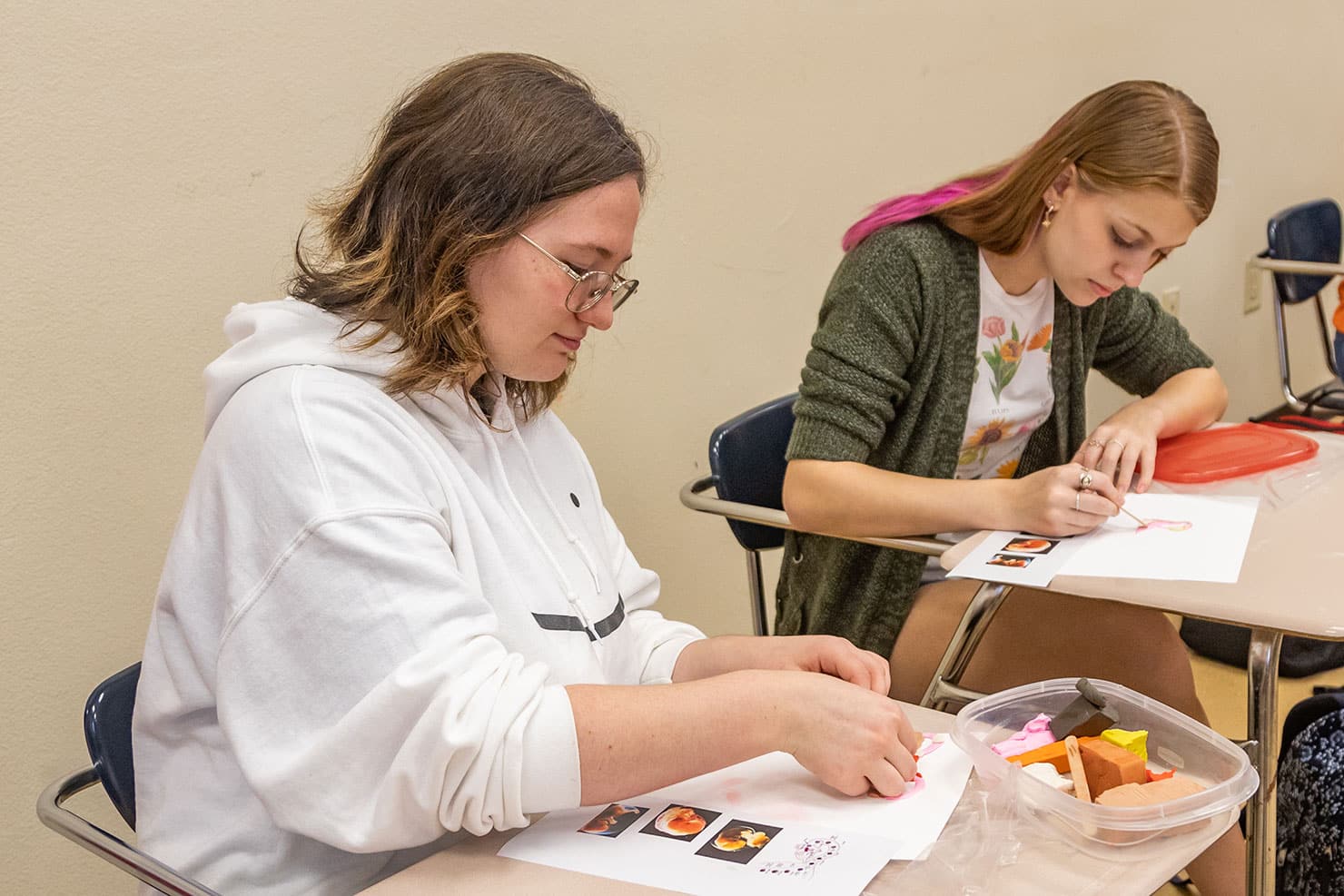Myths & FAQs
Get the facts! Clear up common myths and find answers to frequently asked questions about Dual Credit programs, enrollment, and benefits.

Dual Credit Myths
Myth: Only high-achieving or academically gifted students can succeed in dual credit courses.
Reality: Dual credit programs are designed to serve a broad range of students, including those pursuing academic, technical, or workforce pathways. Support systems are in place to help students succeed.
Myth: Dual credit courses won’t transfer to other colleges or universities.
Reality: Most academic dual credit courses are designed to transfer within public Texas institutions, especially through the Texas Core Curriculum (TCC). However, students should consult with their receiving institution(s) to ensure their courses align with their future degree plan.
Myth: Earning dual credit makes students ineligible for freshman scholarships.
Reality: Most colleges still consider dual credit students as first-time freshmen for scholarships, provided they haven’t officially enrolled in a college or university after high school graduation.
Myth: Dual credit programs are unaffordable for most families.
Reality: Dual credit courses are often significantly less expensive than traditional college courses, with some schools and/or scholarships covering costs entirely. Students should check with their high school about opportunities.
Myth: Dual credit students struggle in traditional college settings after high school.
Reality: Research suggests dual credit students are better prepared for college, as they gain exposure to college-level expectations, time management, and study skills. Data also shows that dual credit students are more likely to complete a degree or certificate after high school graduation.
Myth: Dual credit and AP are interchangeable.
Reality: Dual credit courses guarantee college credit upon successful completion, while AP credit depends on scoring well on a standardized AP exam and the policies of the receiving institution.
Dual Credit FAQs
Dual Credit allows high school students to enroll in college courses and earn both high school and college credit simultaneously.
All students are eligible to participate. Meet with your high school counselor for more information.
Begin by meeting with your high school counselor to discuss eligibility and course options. Then, complete the Dual Credit application process.
Some students are required to pay tuition and fees. However, most students qualify to take coursework for free. Others may qualify for partial scholarships or grants. Learn more about financial assistance.
Many Dual Credit courses are transferable to other institutions. It’s important to consult with the college or university you plan to attend to ensure transferability.